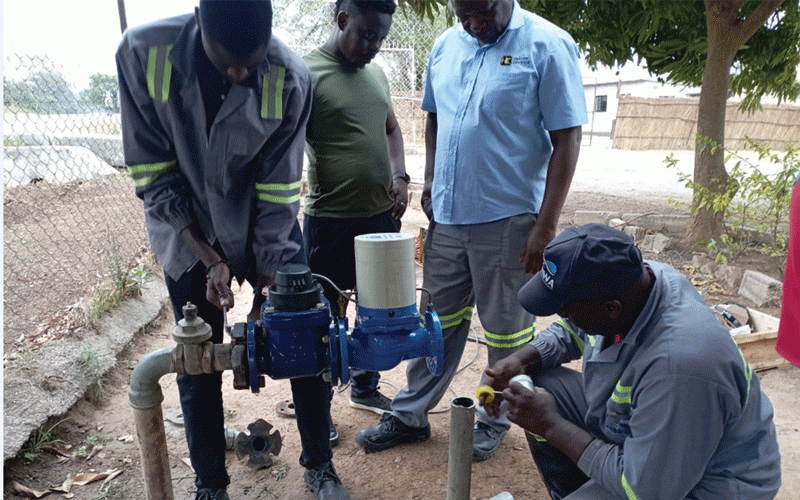
THE Matabeleland Institute for Human Rights (MIHR) has urged Bulawayo residents to reject any plans to privatise water services.
Government recently revealed that it will begin negotiations with private companies and Bulawayo City Council announced plans to form a company to manage water services.
Reports indicate that the Bulawayo Municipality has engaged Vitens Evides International, a Dutch water utility to manage the city’s water and sanitation services.
Critics have raised fears that council will eventually hand over water management to the private firm in much the same way it did with vehicle parking to Tendy Three Investments.
MIHR director Khumbulani Maphosa said privatisation of water was an assault on the right to water.
“Privatisation is pushing for profit and it makes water a commodity. Privatisation destroys people’s rights to water,” Maphosa said.
“People just recovered from a cholera outbreak, hence privatisation of water is going to lead to open defecation, people make use of unsafe water sources due to unaffordable water prices.”
He said privatisation of water was likely to expose women and girls to abuse.
- R. Kelly sentenced to 30 years in sex trafficking case
- In Full: sixteenth post-cabinet press briefing June 14, 2022
- New-look Beitbridge border impresses financiers
- Abwa commissions milk plant
Keep Reading
“Our women and girls will be exposed to abuse because I have seen in places like Harare, there are what they call water mafias or water cartels which illegally control water,” Maphosa said.
“And because our women use more water than any other humans in this world, this will likely expose them to abuse by sexual predators.”
Government faced serious backlash following its decision to privatise water services in urban areas, including the signing of an agreement with a Chinese company through its local partner to build a new water treatment reservoir for Harare.
Residents criticised government saying the privatisation of water in urban areas will result in increased tariffs, putting basic access to potable water, which is a human right, beyond the reach of low-income households.










